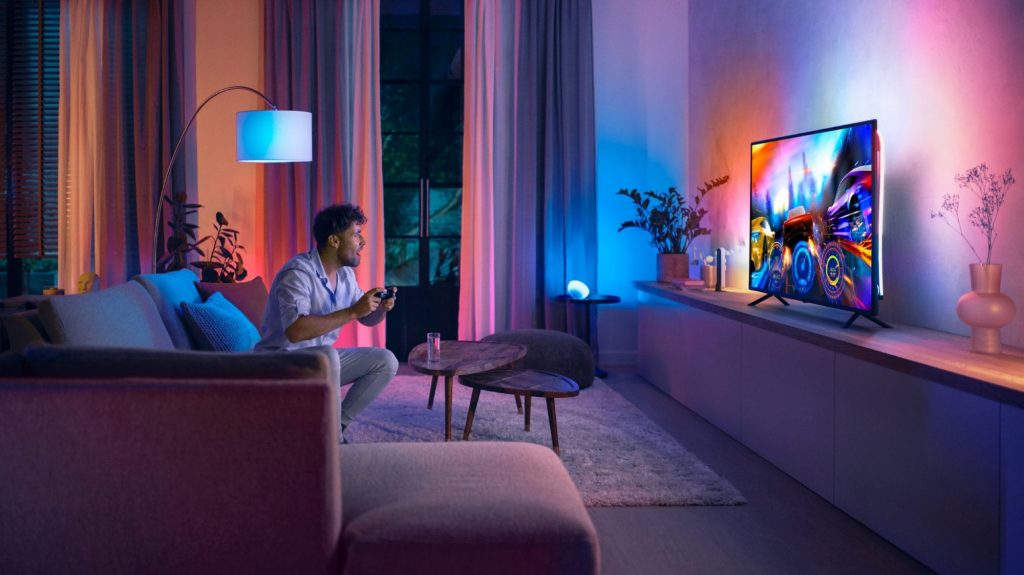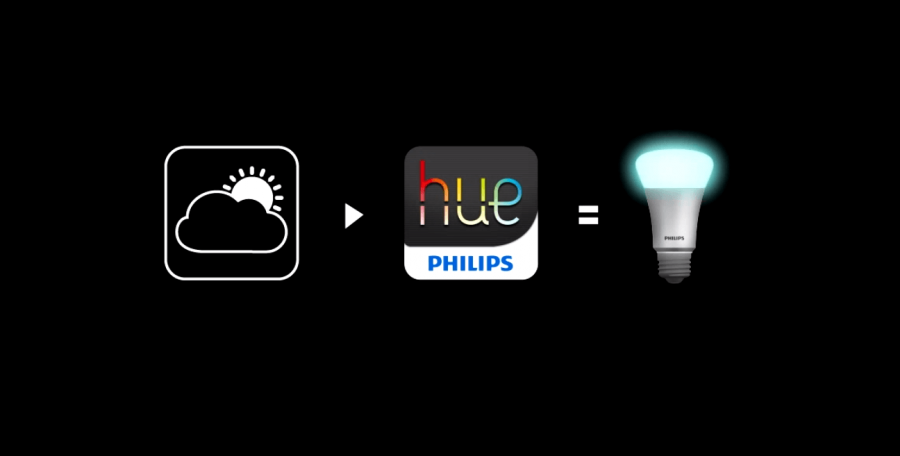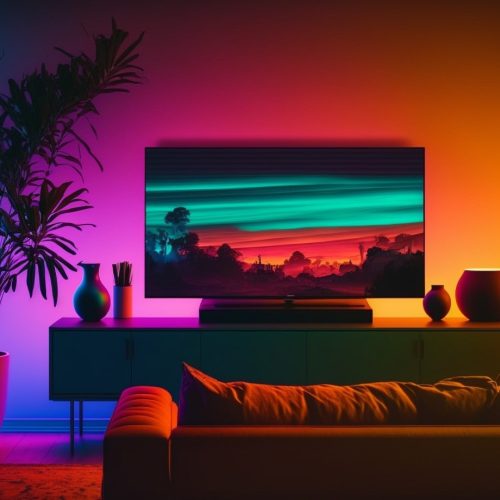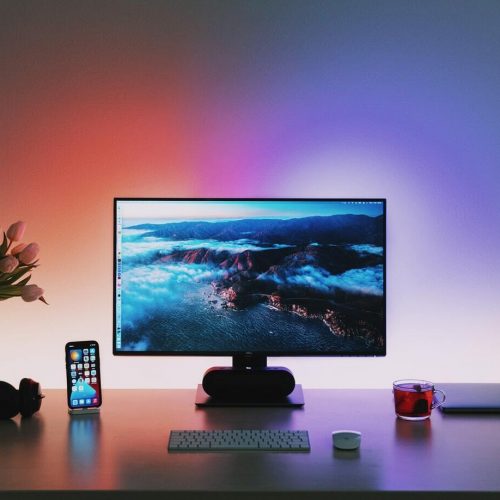At the point of writing this blog, the Climate Change Conference in Glasgow is in its uppermost glory. But it made me think, I really like to smarten up my home but what does all this new technology do for the environment? So the question quickly became is Philips Hue environmentally friendly enough?
Philips Hue uses LEDs
As most of you probably already know, all Philips Hue lights make use of LEDs. LEDs are more efficient than most other light sources, so they usually consume less energy for a given task or at a specific light output. Also, they do not contain hazardous materials such as toxic mercury. Moreover, LEDs have a longer lifespan and hence reduce the frequency of disposal of lamps. Because of this, the LEDs used by Philips Hue are considered green technology.


How do you dispose recycle LEDs?
After learning what technique is being used inside the lamps of Philips Hue, another couple of questions come up regarding the environment. One of these questions was; Can you dispose of recycled LEDs, and if so how? As it turns out. LEDs are primarily made of electronic components like PCBs, diodes, semiconductors, etc. Therefore, they must be treated in the same way that traditional electronics are treated. They are collected separately from household wastes and must be treated the same as standard electronic equipment. If you correctly do so, you can reduce your CO2 footprint a little bit more.
Can LED lighting help reduce CO2 emission?
Last but definitely not least, we will have a look at the following question. ” Can LED lighting help reduce CO2 emission?”. The answer is that it actually does help reduce CO2 emissions. How? You might ask. LEDs normally use less power for a given application compared to traditional halogen and fluorescent sources. As such, the overall kW/hr consumption per year is less, this helps reduce the overall CO2 emissions.


Is Philips Hue Environmentally Friendly Enough?
To conclude the story. When looking at the answers above. All Philips Hue lights make use of LEDs. LEDs have quite some benefits above halogen or fluorescent lights. The lights consume less energy for a given task, they do not contain any hazardous materials have a longer lifespan, and hence reduce the frequency of disposal of lamps. Besides the benefits of LEDs, we have also discussed that you can safely dispose of recycled LEDs and above all the LEDs of Philips Hue help reduce CO2 emissions. It’s up to you to decide whether Philips Hue is Environmentally Friendly Enough, but in my eyes they definitely are.
If you haven’t decided yet whether you do want to use Philips Hue within your home automation toolkit, I highly recommend checking out this article about; Philips Hue: Getting Started Right Now.






What about the constant energy use for the wireless connection? When comparing the whole hue system to a house with led but without wireless control, the house with ordinary switches will win. The hue lamp is filled with electric components like capacitors. Some of the components (capacitors) have lithium and other hazardous materials in them. You how bad lithium is for the enviroment.
Also what about the noble gasses used in different types of lamps? The most noble gasses aren’t hazardous but the collection of them uses a lot of energy and so CO². So the led will win
Hi Amoud,
Thanks for reading my story and relying on it. I fully agree with your first point. In comparison with a house with normal LEDs, the Philips Hue lights take up more energy. The thing is, in a house with younger children or teenagers some people forget to turn off their lights (I speak from experience) which takes up even more energy. Luckily with smart lights and motion sensors, you can turn them off automatically. That most LEDs use capacitors with lithium is a real downside though. I didn’t really find a good alternative though that didn’t have them. For your last point that is definitely true and a big win for LEDs
Nevertheless as pointed out in my last sentence “It’s up to you to decide whether Philips Hue is Environmentally Friendly Enough for you.” Do you still think it’s Environmentally Friendly Enough for you?
Cheers Koen